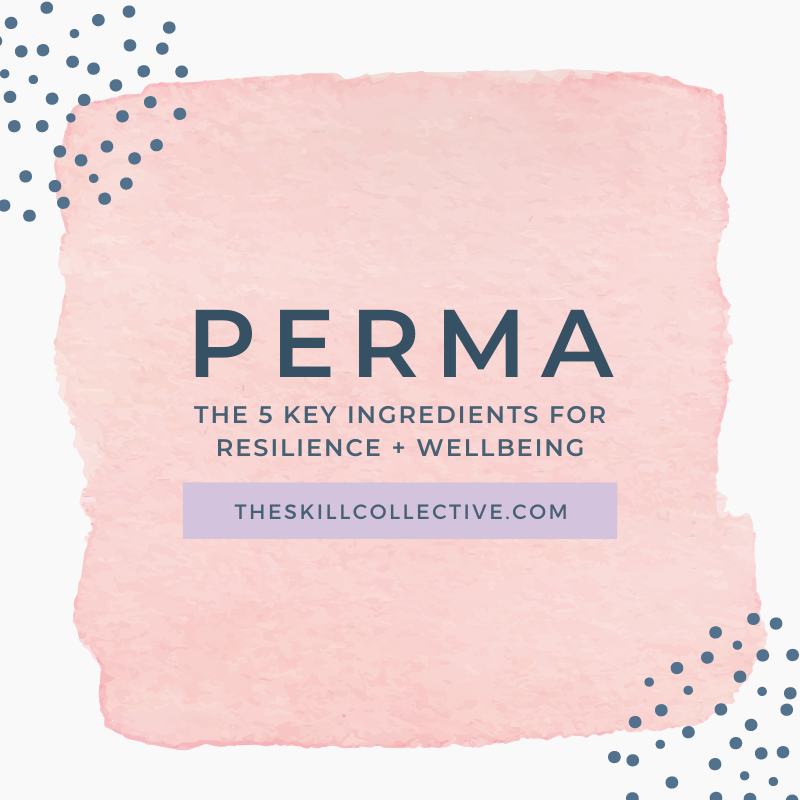PERMA: The Ingredients for Resilience + Wellbeing
Looking to build up your resilience and wellbeing reserves? Meet your new best friend PERMA, the key 5 ingredients from positive psychology for better resilience and wellbeing.
Breaking up is hard to do: Stages of relationship grief
We can enter a grieving process following the loss of someone who has been part of your daily life. Read on to learn more about the stages of relationship grief.
How to build better relationships
There’s always room for improvement when it comes to successful and loving connections with your partner or spouse. Read on to see our 4 top tips for building better romantic relationships.



